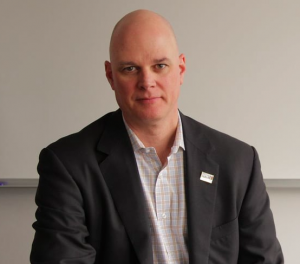[Note: I am not personally or professionally acquainted with Mr. Hornick. He is in no way associated with any opinions I may have, or proposals I have made. He is not affiliated in any way with the America 3.0 Institute.]
We wrote America 3.0 in 2012, mostly, and it was published in 2013. In the book we present a picture of America in 2040. We predict the demise of the industrial-era political and economic order, which is visibly failing today, and the rise of a new set of institutional arrangements for the country. A big part of this change is the development of several important new technologies which will undermine the existing order, and democratize the economy in radical ways.
We focused on 3D printing, driverless cars, cheap desalination and personalized health care and medication. We were not trying to write a comprehensive book about future technology. Rather, our goal was to indicate the scale of the changes in technology which were coming, and the disruptive impact they would have. If we were to write it now, we would have said more about robotics, drones, and blockchains, for example. Nonetheless, the general trend of things is as we predicted. And as we suspected, things are moving much faster, and the world will be even more different by 2040 than we rather conservatively predicted.
I recently ran across some outstanding videos by John Hornick, an intellectual property attorney at the Finnegan firm in DC. His Twitter is here. Mr. Hornick is an expert on the law and the technology of 3D printing. I have spent a few hours immersed in his videos.
Mr. Hornick has a video, entitled “3D Printing State of the Art: Industrial” from May of 2015 which gets into detail about the current state of the art in 3D printing. It is a good primer if you are interested in the field. His deep knowledge as well as his enthusiasm make for a compelling presentation of a highly technical subject.




